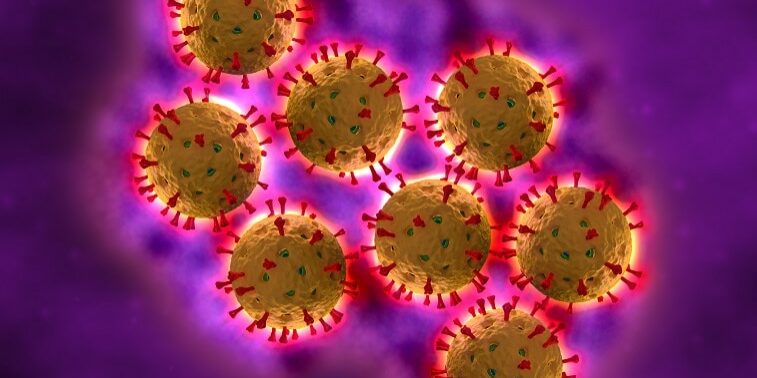
What Is Rotavirus?
Rotavirus is a highly contagious virus that infects nearly all young children. It is one of the most common causes of severe diarrhea in the US.
How Common is Rotavirus?
Before there was a rotavirus vaccine, almost all US children were infected with rotavirus before their 5th birthday. Each year in the US, rotavirus was responsible for:
- More than 400,000 visits to healthcare professionals’ offices
- More than 200,000 emergency room visits
- Up to 70,000 hospitalizations
- 20-60 deaths
Since the vaccine was introduced in 2006, rotavirus disease has become less common.
- Each year, the vaccine prevents an estimated 40,000-50,000 hospitalizations among US infants and young children.
- Rotavirus illness has also decreased among older children and adults.
Most recent rotavirus outbreaks have been related to low vaccination rates, which is why it is important to make sure your child is fully vaccinated.
Symptoms
Symptoms of rotavirus can include:
- Fever
- Upset stomach and vomiting
- Watery diarrhea, sometimes multiple times a day
Symptoms usually start 2 days after exposure to rotavirus and typically last 3-9 days.
More severe symptoms may include loss of appetite and dehydration, which can be dangerous for infants and young children.
Severe rotavirus is much more common in infants and young children. Older children and adults who get sick from rotavirus tend to develop milder symptoms.
Prevention
Getting your child vaccinated is the best way to help protect against rotavirus disease.
There are 2 rotavirus vaccines currently licensed for infants in the US. Children should get their 1st dose of rotavirus vaccine before age 15 weeks and complete all doses before age 8 months.
Treatment
There are no specific drugs to treat rotavirus infection.
To relieve symptoms and prevent dehydration, it’s important to drink plenty of fluids, such as over-the-counter rehydration solutions that you can find in drug stores.
Severely dehydrated patients may need to be hospitalized so they can receive fluids through their veins.

Frequently Asked Questions about Rotavirus
Rotavirus Recursos del Consumidor
Updated January 2024
Source: Centers for Disease Control and Prevention
